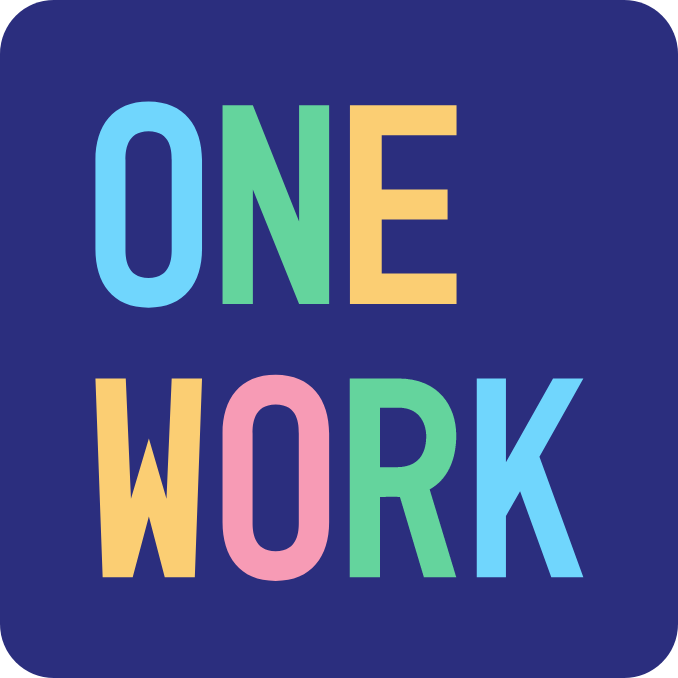

I’m Greg, and I want to help you find the most meaningful work of your career.
You can read past issues from my newsletter for free below. The newsletter has since ended, but there are still some excellent resources in past issues to help you grow your impact and find a career you truly love.





